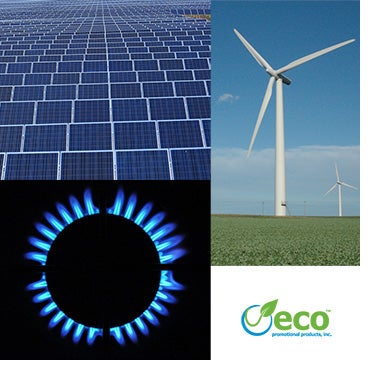What the Election Means for the Future of Clean Energy
During the three 2016 presidential debates, moderators did not ask a single substantive climate-related question. The closest question came from a red sweater wearing Ken Bone who asked “What steps will your energy policy take to meet our energy needs, while at the same time remaining environmentally friendly and minimizing job loss for fossil power plant workers?” While the questions were not asked during the debates, the candidates did share their beliefs about climate change on the campaign trail with Trump calling it a Hoax.
In 2017, the U.S. will become the only major country in the world with a leader who denies the climate is changing. Climate change is real and the policies put into place over the past eight years could be in jeopardy. President-elect Donald Trump campaigned to ease regulations on the coal and oil sectors. While coal generates 44% of our electricity, it is the single biggest air polluter in the U.S. Coal has long been an inexpensive way to generate electricity. With a push towards clean energy, the coal industry has suffered. Some experts argue that no amount of eased restrictions will bring the coal industry back to health as the cost of renewable options are falling rapidly.
What are the clean energy alternatives?
Natural Gas. A fossil fuel, natural gas emits 50 percent less carbon dioxide than coal when you burn it. As it is not a zero-carbon producing energy, natural gas is often called a bridge to clean energy until renewables like wind and solar become more affordable and available.
Wind power. Created via the use of wind turbines, wind power does not produce greenhouse gas emissions or pollution.
Solar power. Clean and abundant, energy from the sun is converted into electricity.
Also in jeopardy is the United States’ participation in the landmark Paris climate change agreement. A glimmer of hope comes from French environment minister Ségolène Royale. According to the The Guardian, Royale “told journalists in Marrakech that the US could not withdraw from the treaty easily. ‘The Paris agreement prohibits any exit for a period of three years, plus a year-long notice period, so there will be four stable years,’ she said.”
While there may be less federal government involvement in combating climate change in the coming years, there are plenty of states and U.S. cities that have committed to 100 percent clean energy, and it’s unlikely they will go backwards. See Sierra Club’s list of 15 cities in the United States that have committed to 100 percent clean energy.






